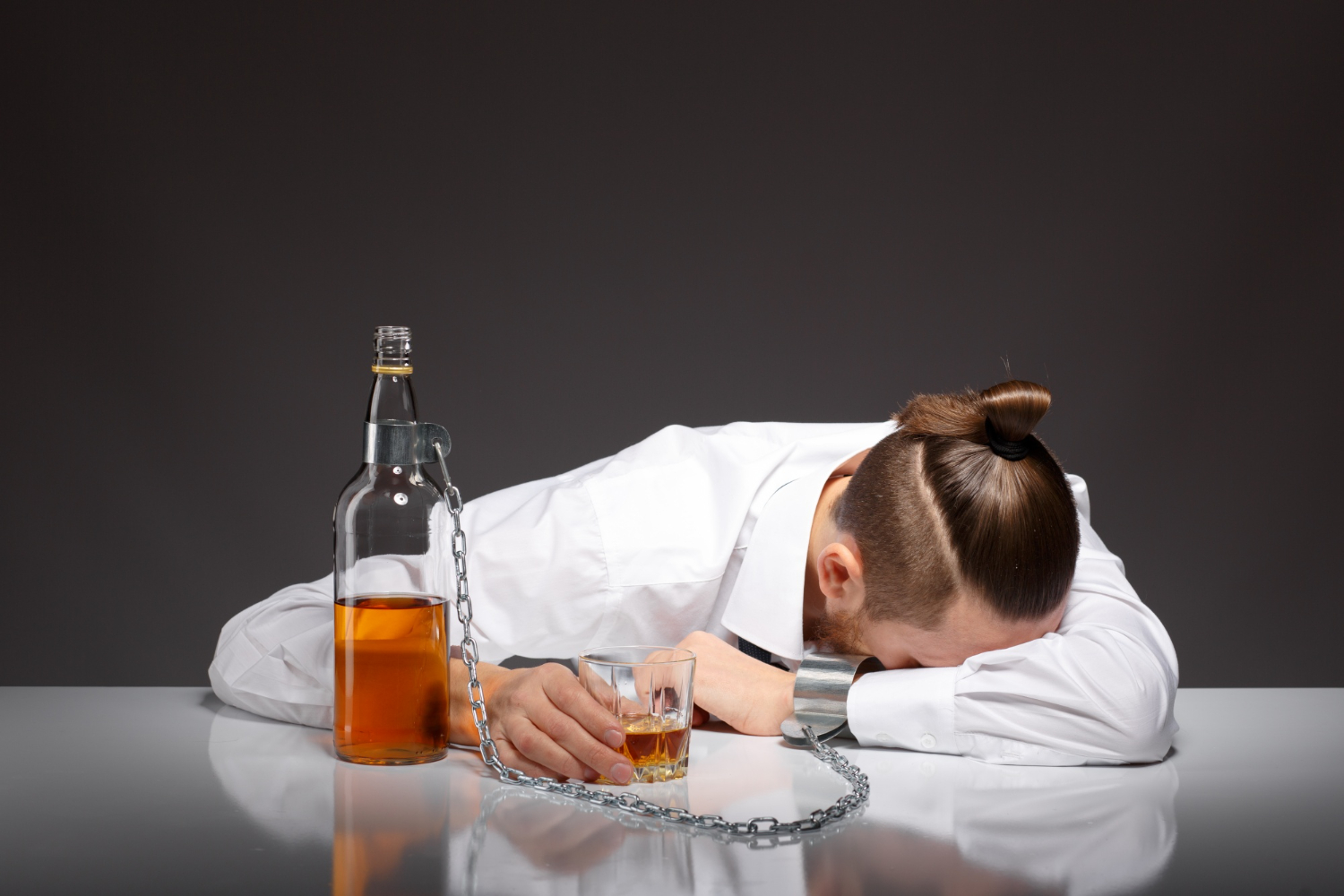You’ve probably heard of FMLA and how employees use it to take time off in order to take care of medical conditions. In many cases, employees utilize FMLA for physical injuries and illnesses – but do you know FMLA also applies to mental health and addiction? Here’s what you need to know about FMLA, substance abuse, and mental health:
What is FMLA?
The Family and Medical Leave Act, or FMLA, is a federal law that allows employees to have up to 12 weeks of unpaid medical leave in the face of a serious health condition. An FMLA leave is valid if at least one of the 5 following scenarios is present:
- Their child was recently born and they have to look after them
- They recently adopted a child and must take care of them
- Their spouse, child, or parent is suffering from a serious medical condition
- The employee is undergoing a serious medical condition that hinders their ability to perform the primary responsibilities of their work
- An applicable urgent matter concerning a spouse, child, or parent who is on, or is notified to join, covered active duty in the armed forces
The FMLA leave protects the employee by ensuring that they return to the same or almost identical position after the term of the leave. It also compels employers to continue the employee’s group health benefits as though the employee was not on leave.
An employee is eligible to FMLA leaves if they meet the following requirements:
- Have worked with the employer for at least 12 months
- Rendered at least 1,250 hours of service for the employer during those 12 months
- Currently working at a location of the employer with at least 50 employees within a 75-mile radius.
The FMLA applies to an employer if it falls under one of the following categories:
- Any private or public employer that has at least 50 employees
- All government agencies
- All private and public elementary and high schools
Take note that this means the FMLA doesn’t apply to employers with less than 50 employees.
Is addiction and mental health covered by the FMLA?
The FMLA concerns employees or their immediate family experiencing a serious health condition. This begs the question: does addiction and mental health qualify as a “serious health condition”?
Fortunately, the answer is yes. The FMLA considers both physical and mental conditions as serious health conditions if these require one of the following two:
- Inpatient care – Overnight stay at a healthcare facility such as a hospital or treatment center
- Continuing treatment by a healthcare provider – More than three consecutive days of the condition incapacitating the individual which necessitates ongoing treatment; or, intermittent periods when the individual is incapacitated by a chronic disease
This applies not only to an affected employee, but also to any immediate family member undergoing mental health and addiction issues. Thus, it allows employees to take leave in order to have the time to either take care of themselves or their loved ones in the face of a mental health crisis.
Would your employer discriminate against you for using the FMLA for substance abuse and mental health?
Perhaps the first thing that comes to mind with the FMLA is, “I think my employer would only be fine with me using an FMLA leave if it’s for a physical condition. They might discriminate against me if the leave is about something intangible like mental health or addiction.”
Stigma against mental conditions in the workplace is a sad reality. Legally speaking, however, as long as you meet the requirements of the FMLA, your employer can’t refuse your FMLA leave for mental health and addiction. Likewise, they’re obligated to ensure that you return to the same or identical position after your leave expires.
Besides, mental health and addiction issues are tangible. They can have a severe impact on your performance and lead to:
- Absenteeism
- More errors in the workplace
- Self-isolation from coworkers
- Lack of communication
- An overall lower drive to perform and excel
Thus, it would be in the best interest of your employer to respect your FMLA leave due to a mental condition. Plus, despite your mental condition, your employer took you in because of your character, skills, and capabilities. If some time off is needed to allow you to perform at your best, your employer has to grant it.
Why should you take a leave for mental health or addiction?
“Resilience in the workplace” is a term that gets thrown around whenever topics like workplace stress and challenges are mentioned. While it is a great characteristic to have, it alone is not enough to treat addiction and mental health conditions.
Serious mental conditions require serious treatment. It involves a lot more than band aid solutions like short-lived motivation from inspirational videos. Mental health and addiction require a deep examination and resolution of the root of the problem affecting the individual.
Left unchecked, these can affect all facets of life. Stress at work can compound this problem even more, and eventually, your performance will deteriorate. If you’re passionate about your work, this can lead to frustration for you because you know you can do better.
That’s why you owe it to yourself to take the time you need to recover with the help of professional intervention and rehabilitation.
Make the most out of FMLA with professional treatment
If you do decide to take advantage of FMLA for substance abuse, great! You’re one step closer to improving your current condition and getting back to tiptop shape mentally. For best results, review the provisions of the FMLA to make sure that you’re eligible.
There are individuals and organizations that take addiction and mental health seriously as having a deep impact on everyday life. Recovering from your condition requires rigorous, high-quality care from proven professionals – that’s why you have to start with a recovery center that will look after you in every step of the way. And fortunately, treating substance abuse has become highly flexible as patients can now choose how and where they receive professional treatment.
At California Recovery Center, we take into heart the significance of professional holistic treatment in every client we have. One of our core missions is to help workers undergo long-term recovery while balancing their lives both at the workplace and in their personal life. We give our clients the option to receive outpatient treatment, where patients are treated both inside and outside the facility, or inpatient treatment, where they are observed and treated actively by healthcare providers inside the facility for an extended period of time. If you want to make the most out of the FMLA to recover from your substance abuse and mental health issues, feel free to reach out – we’re eager to help you bounce back and stay up.











